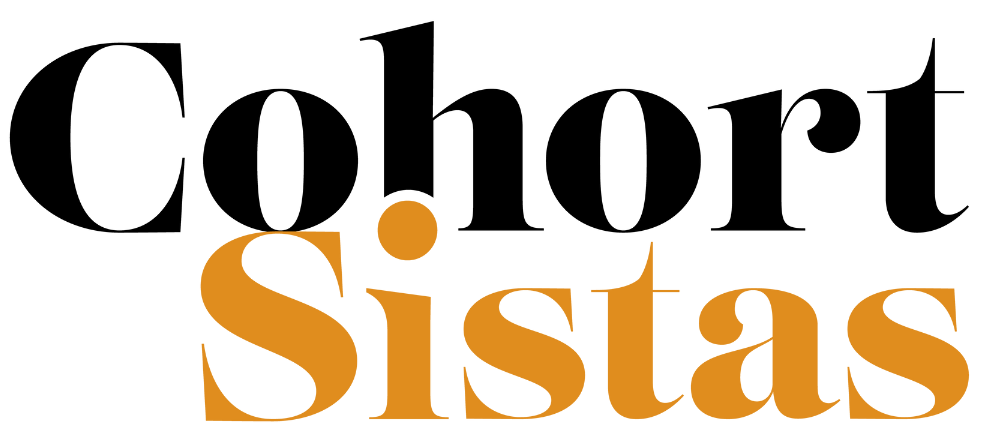Ep. 134: Dr. Wenimo Okoya on Immersing Yourself in the Communities You Study and Healing Teachers to Help Students
Ph.D. in Health Education Teachers College, Columbia UniversityDr. Wenimo Okoya
Today’s guest, Dr. Wenimo Okoya, has a foot in both health and education, having worked as a classroom teacher in Harlem and the Bronx, received a Masters degree in public health and an EdD in health education. In this episode, she shares the details of her dissertation on why community schools hesitate to adopt trauma sensitive practices, and describes some of the elements that contribute to creating an unhealthy school environment, including labeling, racism, yelling, and repeated isolation without the appropriate support. We touch on mentorship and community and Dr. Okoya tells us about the network of people she developed during her time at Columbia University, before explaining why she chose to work and study at the same time, to make sure that her research was relevant. Next, Dr. Okoya tells us how her definition of community became broader than just the university, why her proposal defence was one of the biggest successes of her doctoral experience, and the problem of many highly ranked universities being located in urban neighborhoods. She lets us know what led her to work as an adjunct professor, and gives us the full scoop on the Healing Project, which she started with a view to heal teachers to empower their students. We hope you join us today to hear all this and more!
Connect with Dr. Wenimo Okoya on LinkedIn, Instagram, Twitter, and on her website, and learn more about The Healing Schools Project here.
Key Points From This Episode:
-
A word of advice to join your school’s Black or Latinx graduate caucus or student group.
-
An introduction to today’s guest, Dr. Wenimo Okoya, daughter of Caribbean and Nigerian immigrants, and her education in public health and health education after being a teacher.
-
Her dissertation on why community schools hesitate to adopt trauma sensitive practices.
-
The main reason she found: not having a shared mindset around experience or practices.
-
Elements of unhealthy school environments: labeling, racism, yelling, repeated isolation.
-
Why she pursued her doctorate: to help her to establish her voice as a Black woman.
-
How she found mentorship early on and how this served as a support.
-
The network of people she was able to develop during her time at Columbia University.
-
Why if you are seeking strong mentorship, you have to seek it out yourself.
-
Why she chose to work and study to make sure that her research was relevant.
-
Dr. Okoya and Dr. Kola’s tiny cohort that they formed while studying together.
-
A downfall of studying part time: not being fully integrated to campus life and support.
-
How her definition of community became broader than just the university.
-
Why her proposal defence was one of the biggest successes of her doctoral experience.
-
The problem of many highly ranked universities being located in colonized neighborhoods.
-
How she uses the results of her dissertation research in her work at the Jed Foundation.
-
Why she recommends that you talk to recruiters even when you are not qualified for a role.
-
Her work teaching as an adjunct professor at two universities and her passion for teaching.
-
The Healing Schools Project she launched in January to heal teachers from stress and trauma so they can heal their students through training and working with schools.
-
Her main advice to Black women and non binary students: remember who you are.
-
Why it is so important to build a regular practice of self-love.
—
The Cohort Sistas Podcast brings to life the stories, struggles, and successes of Black women with doctoral degrees and their lives beyond the degree. If you are a Black woman interested in joining the Cohort Sistas community, sign up to do so here, and if you are looking for more information on how to support or partner with Cohort Sistas, please visit our partnerships page. Find us on Twitter and Instagram, and don’t forget to follow The Cohort Sistas Podcast, rate the show, and leave us a quick review.


